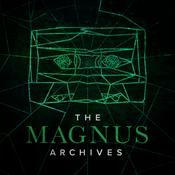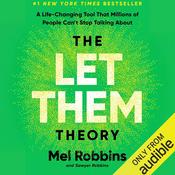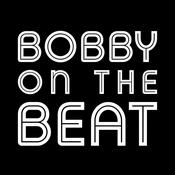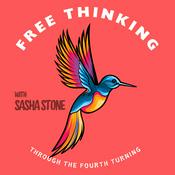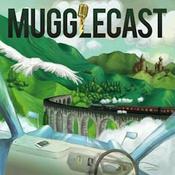76 episodes
- Constitutional and legal historian Paul Finkelman explains the critical role slavery played in the founding of the United States and how the politics of slavery shaped the U.S. Constitution in ways that are still evident today. Join host Hasan Kwame Jeffries, Ph.D., and Learning for Justice, a project of the Southern Poverty Law Center (SPLC). (This episode originally aired in Apr. 2018.)
Visit the new resource page for this episode (2025), which includes essential ideas and teaching recommendations from the conversation, updated resources, and a complete transcript. - Film historian Ron Briley returns with more suggestions for teaching through film — from thought-provoking documentaries and feature films to miniseries. Spanning productions from the works of Ken Burns to the blockbuster Black Panther, this episode offers essential background information and practical strategies. Join host Hasan Kwame Jeffries, Ph.D., and Learning for Justice, a project of the Southern Poverty Law Center (SPLC). (This episode originally aired in April 2018.)
Visit the new resource page for this episode (2025), which includes essential ideas and teaching recommendations from the conversation, updated resources, and a complete transcript. - Film has long shaped our nation's historical memory — for good and bad. Film historian Ron Briley offers ways to responsibly use films in the classroom to more accurately frame the narrative of American slavery and Reconstruction. Join host Hasan Kwame Jeffries, Ph.D., and Learning for Justice, a project of the Southern Poverty Law Center (SPLC). (This episode originally aired in 2018.)
Visit the new resource page for this episode (2025), which includes essential ideas and teaching recommendations from the conversation, updated resources, and a complete transcript. - The experiences of enslaved people varied greatly based on a variety of factors, including time, location, crop, labor performed, size of slaveholding and gender. Yet, most students leave school thinking enslaved people lived like the biased representation in Gone With the Wind. Deirdre Cooper Owens, Ph.D., discusses how the lived experience of slavery varied and evolved. Join host Hasan Kwame Jeffries, Ph.D., and Learning for Justice, a project of the Southern Poverty Law Center (SPLC). (This episode originally aired in Mar. 2018.)
Visit the new resource page for this episode (2025), which includes essential ideas and teaching recommendations from the conversation, updated resources, and a complete transcript. - For a more complete picture of enslaved people's experiences, we need to expand our understanding of resistance. Kenneth S. Greenberg, Ph.D., examines the numerous ways enslaved African Americans incorporated resistance into every aspect of their lives, offering a lens to help students see how enslaved people fought back against the brutality of slavery. Join host Hasan Kwame Jeffries, Ph.D., and Learning for Justice, a project of the Southern Poverty Law Center (SPLC). (This episode originally aired in Mar. 2018.)
Visit the new resource page for this episode (2025), which includes essential ideas and teaching recommendations from the conversation, updated resources, and a complete transcript.
More Arts podcasts
Trending Arts podcasts
About Teaching Hard History
From Learning for Justice and host Hasan Kwame Jeffries, Ph.D., Teaching Hard History brings us the crucial history we should have learned through the voices of leading scholars and educators. The series, which includes four seasons that originally aired from 2018 to 2022, begins with the long and brutal legacy of slavery and reaches through the victories of and violent responses to the Civil Rights Movement and Black Americans' experiences during the Jim Crow era to the issues we face today.
Join us as we relaunch this podcast series, highlighting an episode each week and including a new resource page with key points from the conversation, resources and connections for building learning experiences.
Podcast websiteListen to Teaching Hard History, 99% Invisible and many other podcasts from around the world with the radio.net app
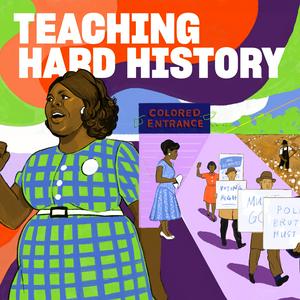
Get the free radio.net app
- Stations and podcasts to bookmark
- Stream via Wi-Fi or Bluetooth
- Supports Carplay & Android Auto
- Many other app features
Get the free radio.net app
- Stations and podcasts to bookmark
- Stream via Wi-Fi or Bluetooth
- Supports Carplay & Android Auto
- Many other app features


Teaching Hard History
Scan code,
download the app,
start listening.
download the app,
start listening.




